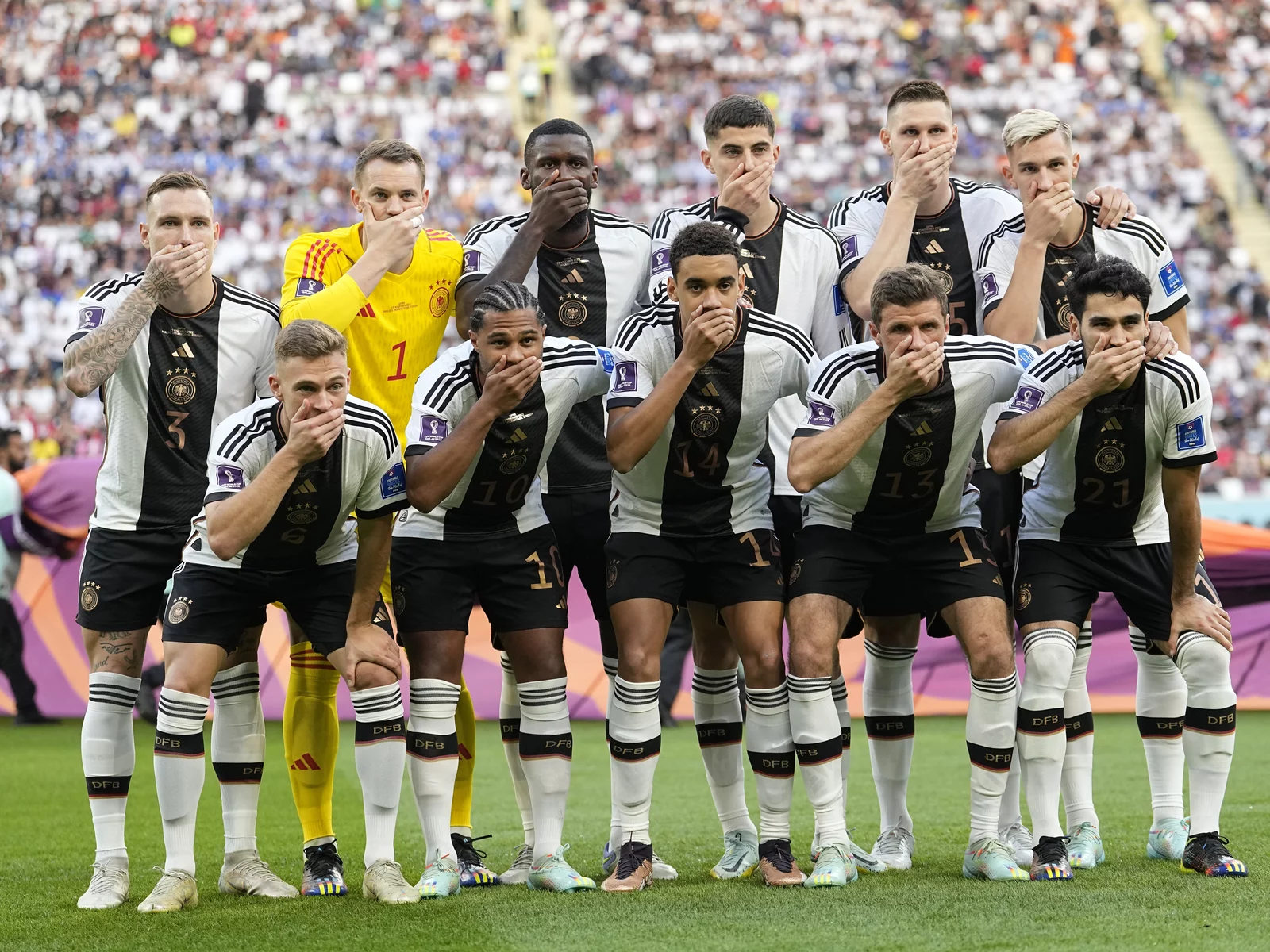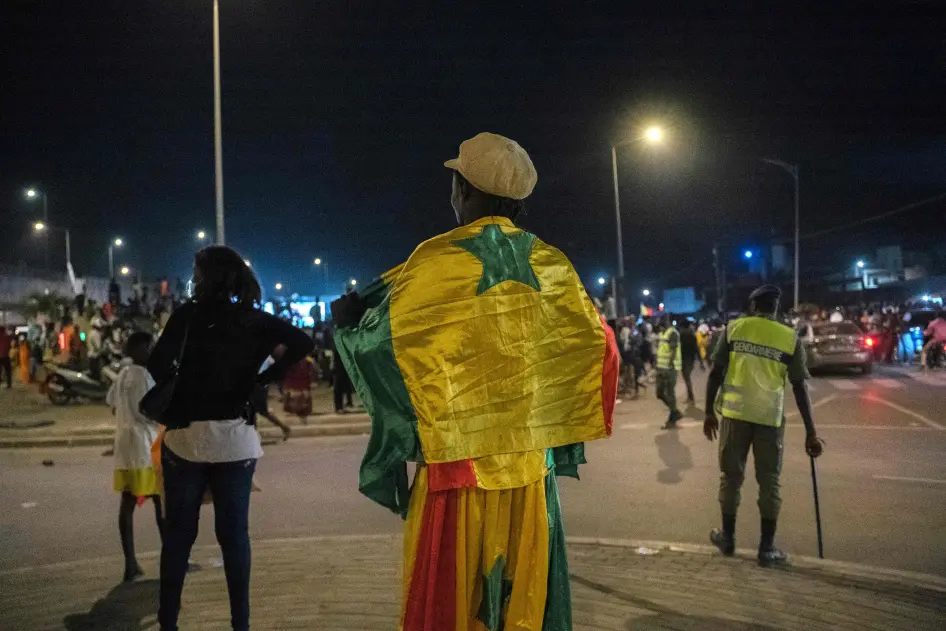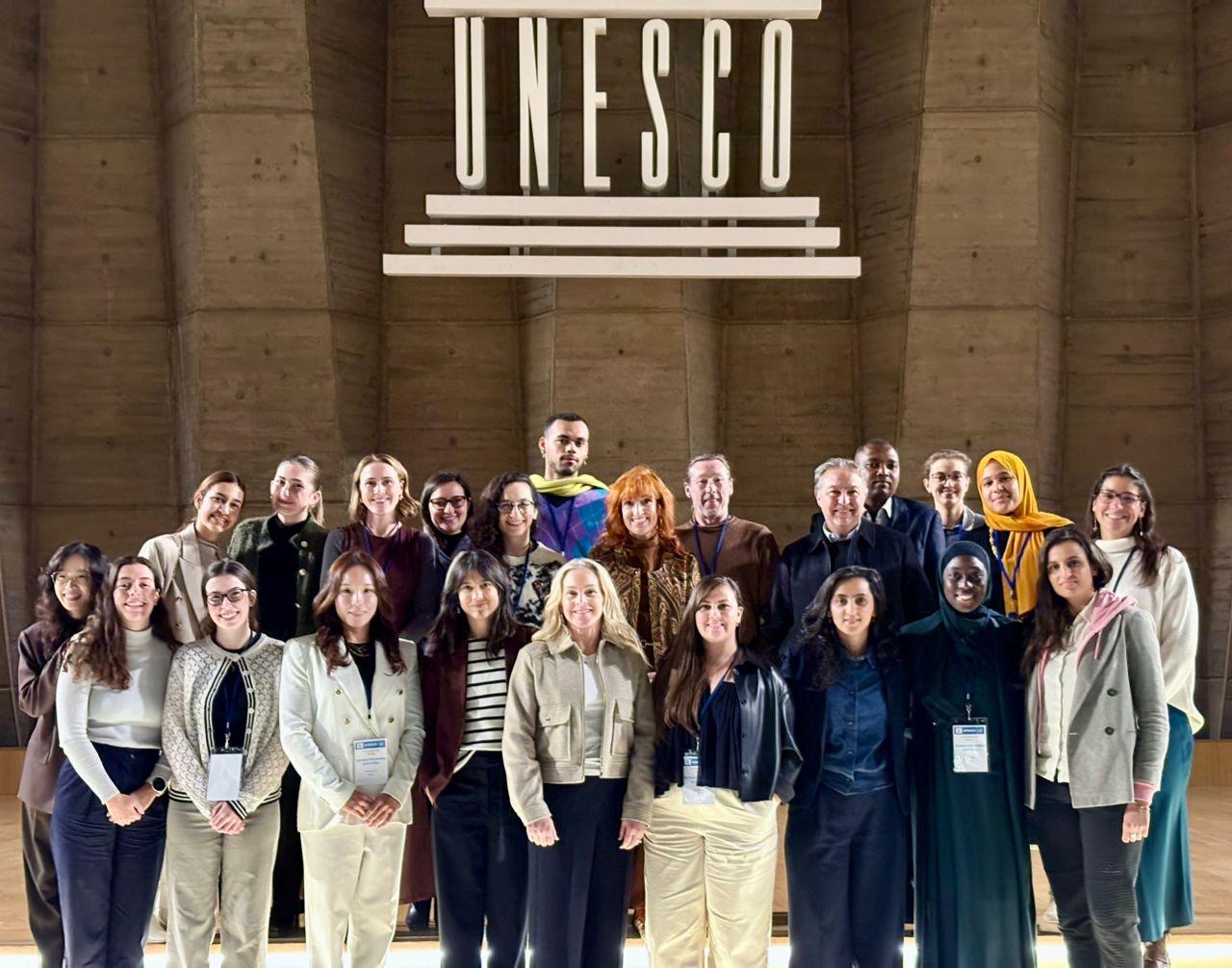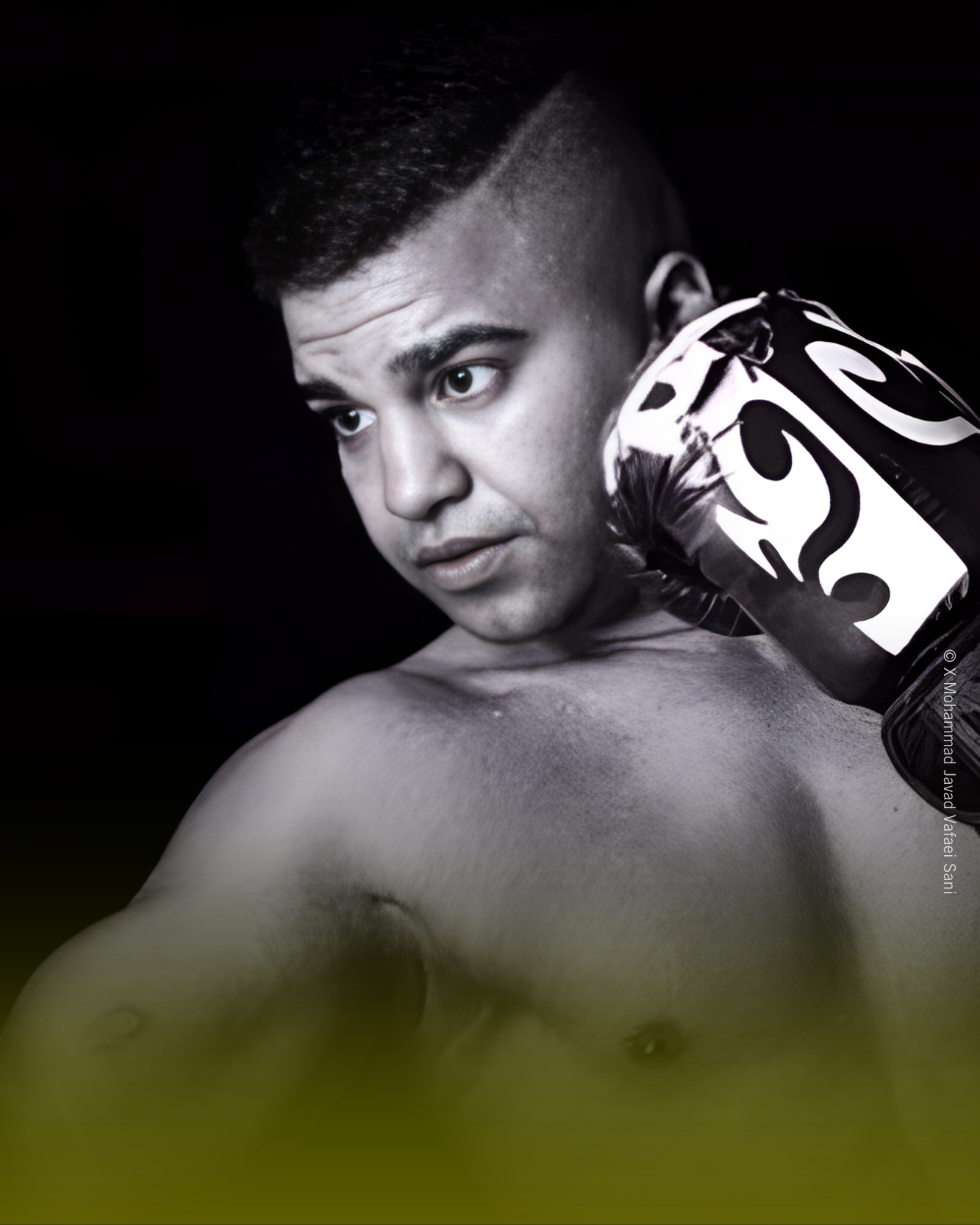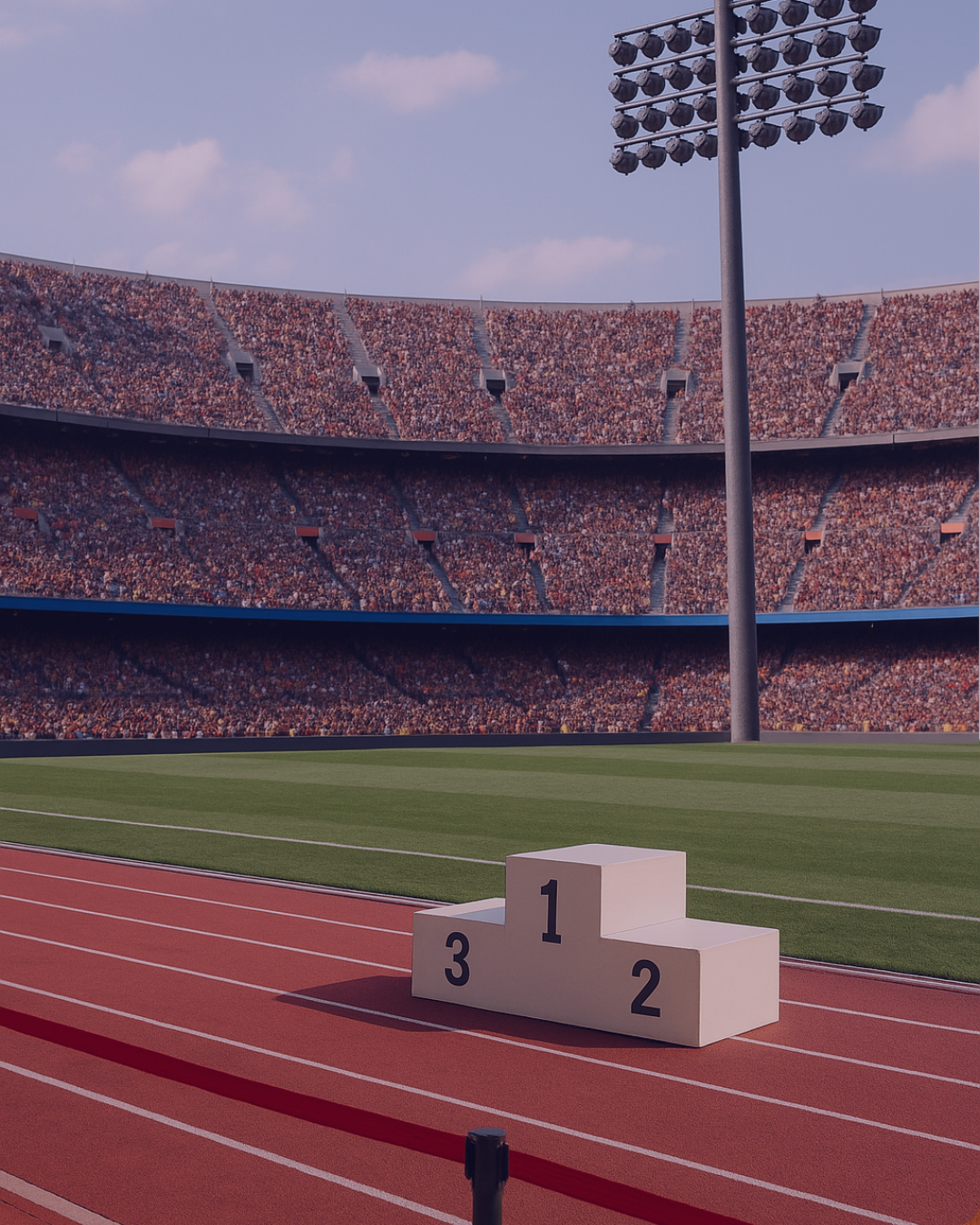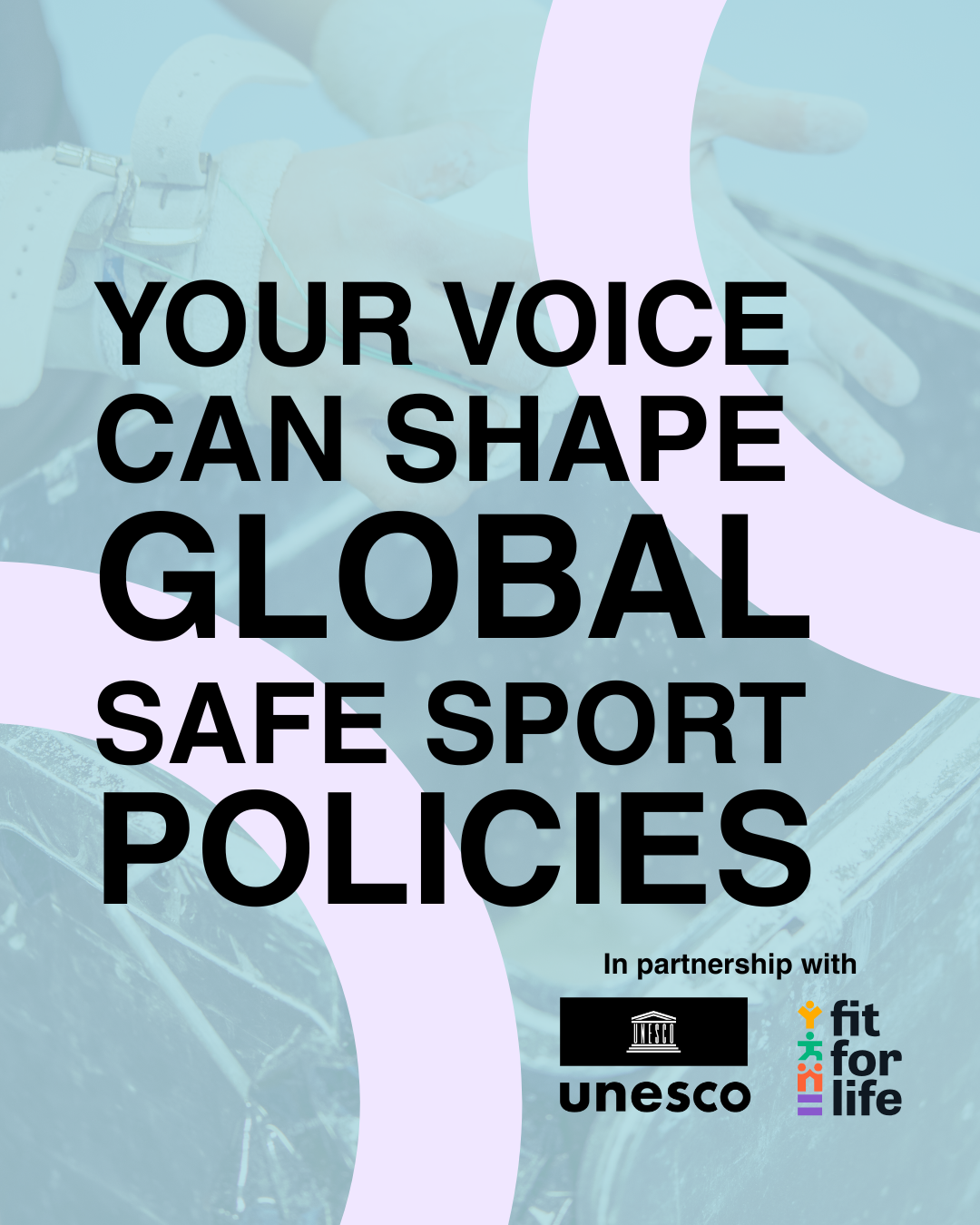Switzerland Must Ensure that Sports Bodies Respect Human Rights
Sport unites people and can help overcome differences. It is also a lucrative business that too often comes at the expense of human rights. As the home country of the world’s biggest sports bodies, Switzerland must ensure that sports bodies respect human rights in all their activities.
Some of the largest sports bodies such as FIFA and the International Olympic Committee (IOC) recognize that they have a responsibility to respect human rights, as outlined in the UN Guiding Principles on Business and Human Rights. However, Switzerland, which benefits economically from the presence of over 50 international sports federations, does not make such human rights due diligence mandatory– the only initiatives that exist are based on voluntary action.
This needs to change: Sports bodies must respect human rights and environmental standards just like other businesses should. We are calling on the Federal Council to develop effective measures to ensure that sports associations based in Switzerland comply with their human rights responsibilities.
YES to Sports, NO to Human Rights Violations!
Switzerland is home to over 50 international sports bodies whose commercial activities and turnover are comparable to those of medium-sized corporations. FIFA made a 7.5 billion USD in revenue from 2022 World Cup in Qatar and expects to make 11 billion USD from the 2026 tournament. The Lausanne-based International Olympic Committee (IOC)’s revenue is in a similar league.
However, the commercial success of major sporting events is too often offset by an abysmal human rights record. A few recent examples illustrate this finding:
- At the 2016 Summer Olympics in Rio de Janeiro, thousands of families were forcibly relocated because they had to make way for the Olympic infrastructure. Favelas were militarised, which led to an increase in police violence.
- The 2018 FIFA Football World Cup in Russia took place in a context in which there were massive restrictions on freedom of assembly, repressive laws against LGBTI people and brutal crushing of protest.
- At the 2022 Winter Olympics in Beijing, freedom of expression was severely restricted. Anyone who voiced criticism risked imprisonment and other reprisals.
- Amnesty International documented a whole series of human rights violations in the context of the 2022 FIFA Football World Cup in Qatar: From forced labour and exploitation of migrant workers* to discrimination against LGBTI* fans and restrictions on freedom of expression and assembly. In May 2024, Fifa has still not sufficiently fulfilled its duty to provide compensation for the injustices for which it is partly .
- At the 2024 Summer Olympics in Paris, the French authorities are piloting an artificial intelligence-assistance surveillance system that threatens the rights to privacy, freedom of assembly and non-discrimination, while the government has banned French athletes from wearing a hijab while competing for the national Olympic team.
This year, FIFA will make decide who will host the 2030 and 2034 Men’s World Cups – with big implications for human rights. For 2030, a joint bid by Morocco, Portugal and Spain is being considered. For 2034, Saudi Arabia is the only bid on the table. Amnesty International has analysed the human rights risks of hosting the World Cup in each of these countries, and is calling on FIFA to agree binding human rights commitments with all countries before finalising any decision.
While commitments to respect human rights are welcome, history shows that sports bodies often do not fulfil their responsibilities. Voluntary measures are simply not enough to effectively protect human rights.
Join us!
Support our call on the Swiss government: As the host country of many international sports bodies, Switzerland must adopt effective measures to ensure that sports bodies respect human rights. Add your name to the petition here.
